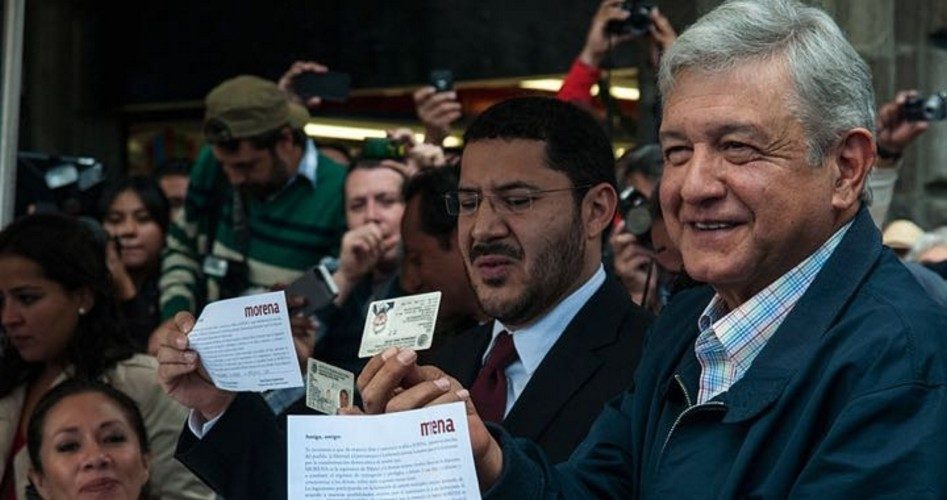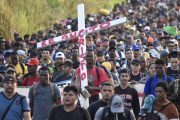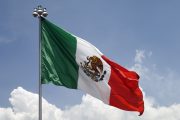
The line between courageous and unwise can seem extremely fine sometimes. However, new Mexican President-elect Andres Manuel Lopez Obrador, who is commonly known as AMLO, has staked out a spot firmly on the unwise side of that metaphorical line by declining the federal protective service offered him by current president Enrique Peña Nieto.
“The people will protect me,” AMLO said. “He who fights for justice has nothing to fear.”
It’s a beautiful sentiment, but it’s also patently insane. In 2016, Mexico was rated the second deadliest country in the world by the International Institute for Strategic Studies. In 2016, more than 23,000 people were killed in the ongoing Mexican drug war. Last year, that number skyrocketed to more than 29,000 people. And this year is on pace to be even deadlier.
The risk analysis firm Etellekt has reported that at least 132 political murders took place in the nine months leading up to the 2018 general election. Twenty-two of Mexico’s 31 states experienced a political assassination in the past nine months. According to Etellekt, “These numbers anticipate a serious challenge of security for peace and democratic governance in these regions.”
AMLO views turning down the security detail as an austerity measure. During the campaign, the Mexican president-elect promised many such measures, which may be more symbolic than substantive. AMLO has also vowed that he will not fly first class or live in Los Piños, the presidential mansion. In his new administration, AMLO has pledged that no government officials will travel in first-class or on government airplanes. AMLO has also promised across-the-board wage reductions for government officials, including himself. “I’m not going to travel in government airplanes, nor in helicopters,” AMLO told supporters. “When I have to travel, I’ll do it as I always have, on commercial airlines.”
But several onlookers believe that the security detail is one presidential “perk” that AMLO will ultimately be forced to accept. Vicente Sanchez, a professor of public administration at the Colegio de la Frontera in Tijuana, put it this way: “He should understand the risk, and that once he’s elected, he doesn’t owe it to himself but to the country,” Sanchez said. “He has too much desire to go down in history as an austere figure, close to the people.”
Thus far, AMLO seems obstinate on the issue. He has vowed that the Estado Mayor Presidencial — the organization that protects the Mexican president, akin to the U.S. Secret Service — will be folded into the Secretariat of National Defense, which controls Mexico’s armed forces.
Since his days as the mayor of Mexico City, AMLO has carefully cultivated a common-man persona, which helped him to establish his socialist bona-fides and win the presidential election. He lives in a modest house. As mayor of Mexico City, he drove himself to work.
“All this is going to end,” AMLO told supporters. “We cannot have a rich government and a poor people.”
Throughout his public life and his three presidential runs, AMLO has often ventured into drug cartel-controlled areas of the country such as Chilapa, Guerrero and Reynosa, Tamaulipas — places where other federal officials, including the current president, have feared to tread. AMLO is a politician not afraid to press flesh and get up close and personal with his constituents. Perhaps, given his success in these areas, he believes he is invincible.
Hopefully, his advisors, his wife, and anyone else close to him will eventually convince him to use the protection that the government provides. While one can’t really fault his rhetoric — government officials should be servants of the people and shouldn’t get rich off their positions — one can fault his judgment. In a country as dangerous as Mexico, the leader needs security around him; that’s just common sense. As it stands now, any disaffected crazy person with a gripe can get at him.
And the last thing this world needs is a socialist martyr.
Photo of Manuel Lopez Obrador: Eneas De Troya from Mexico City, México




